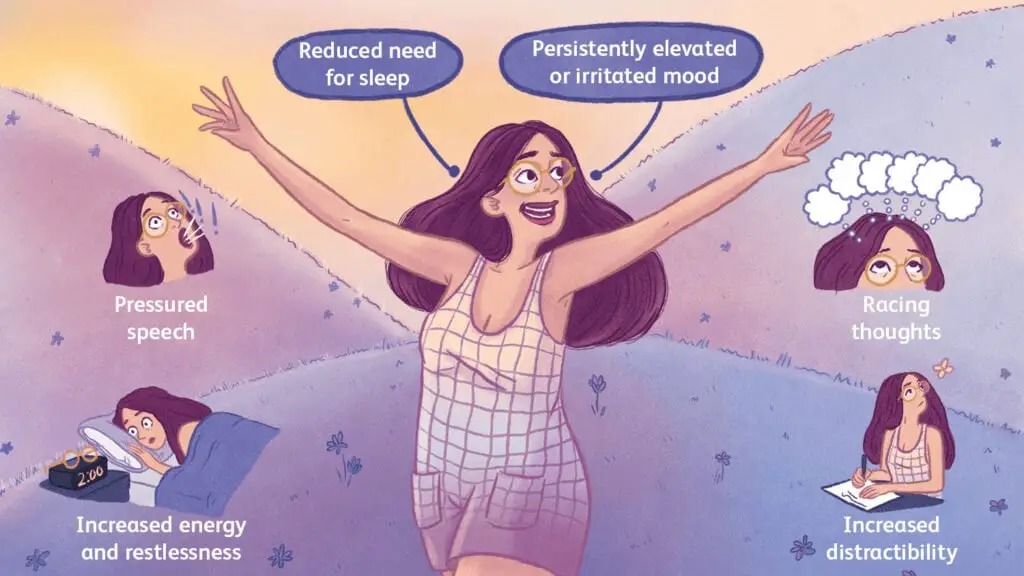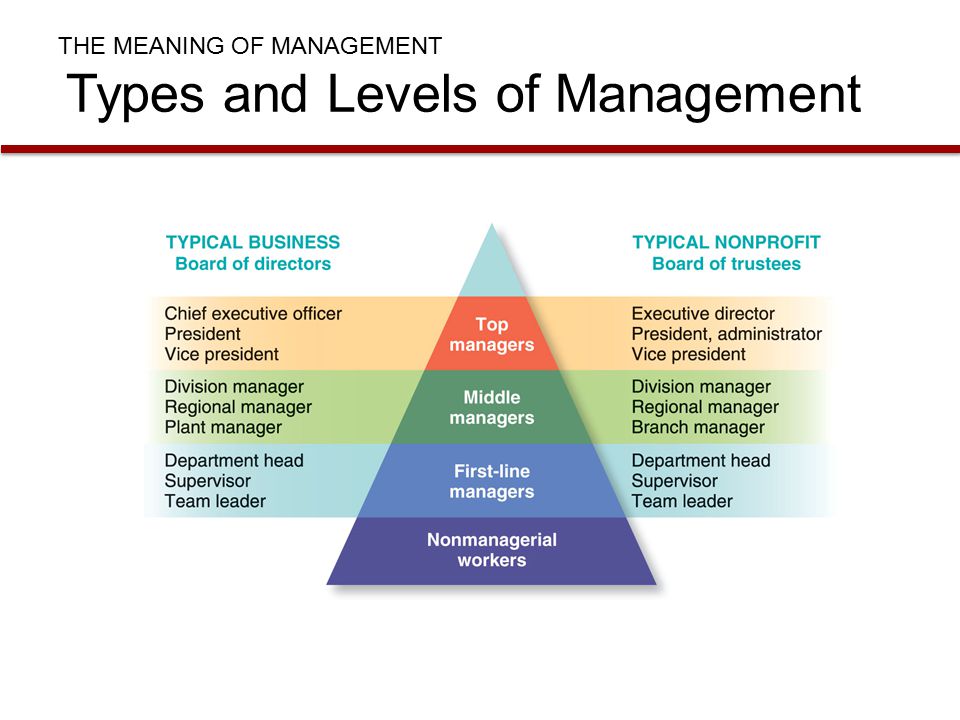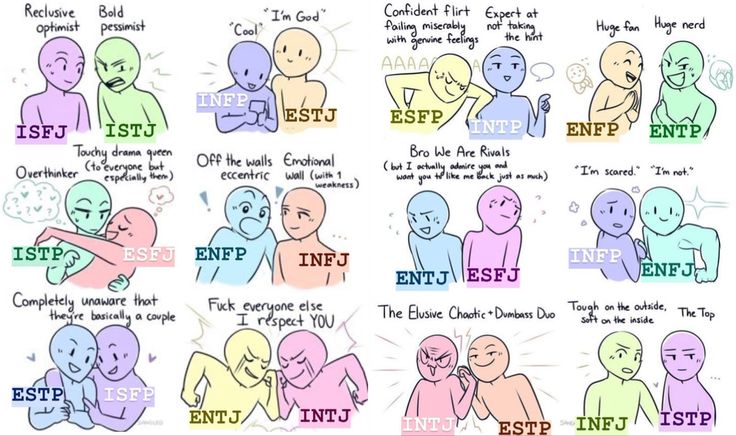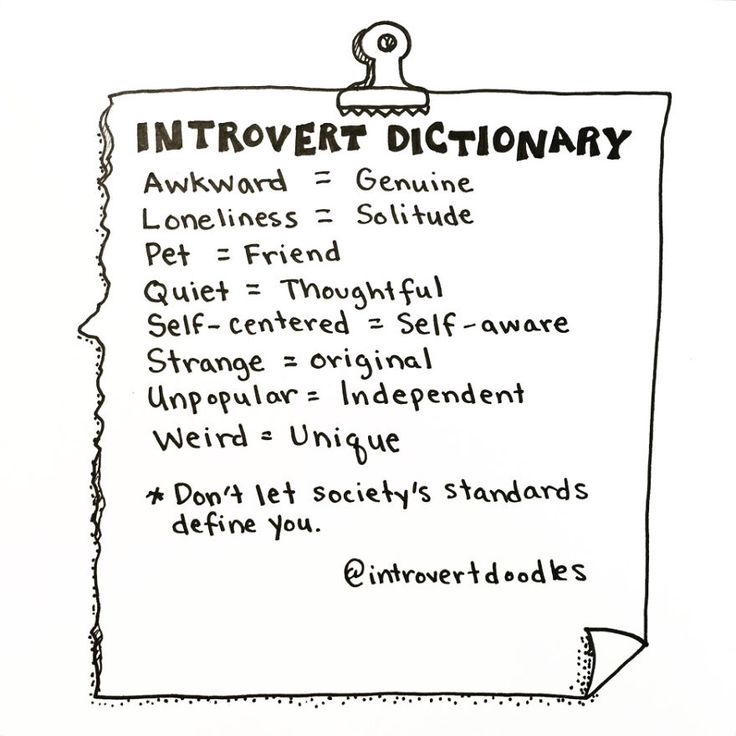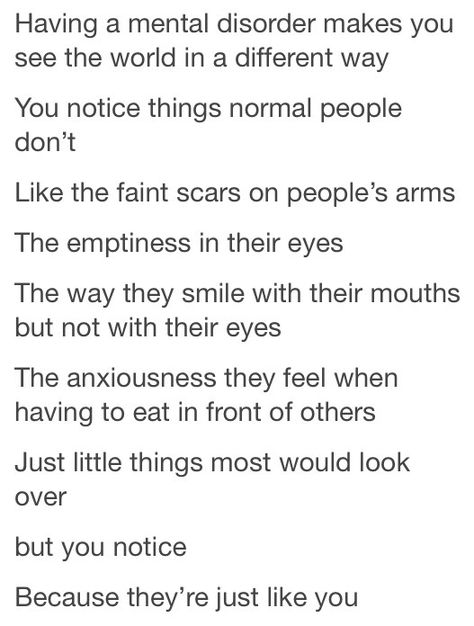Bipolar and manipulation
Bipolar Disorder and Manipulation: Is There a Link?
Confusion and stigma still surround bipolar disorder. This includes believing that the use of manipulation tactics is a formal symptom.
Living with bipolar disorder can present specific challenges. Mood episodes can shape the way you think about yourself and how you interact with others.
But, does it involve using manipulation tactics?
Distinguishing myth from truth can empower those who live with bipolar disorder and help loved ones offer the support they may need.
The use of manipulation tactics isn’t one of the formal symptoms of bipolar disorder, according to the Diagnostic and Statistical Manual of Mental Disorders, 5th edition (DSM-5).
To date, there’s also no research to suggest that interpersonal manipulation is consistently linked to bipolar disorder.
“While I don’t believe nor support manipulation being linked to bipolar disorder, I can understand why one may think so,” says Lena Suarez-Angelino, a licensed clinical social worker in Woodbridge, New Jersey.
During an episode of mania or depression in bipolar disorder, Suarez-Angelino explains, you may act in certain ways that no longer hold true once the mood has passed. This could sometimes be interpreted by others as a manipulation tactic even when the intention wasn’t there.
In other cases, when someone with bipolar disorder relies on manipulation in their relationships, something else may be going on.
Everyone can use manipulation tactics from time to time. It doesn’t mean they live with a mental health condition. It doesn’t mean either that, if they do, manipulation is a symptom of said condition. But there are exceptions.
The use of manipulation tactics in someone with bipolar disorder can be the result of:
- maladaptive coping skills
- signs of a co-occurring mental health condition
- trauma
“Manipulative behaviors are consistent with co-occurring disorders, such as personality disorders and substance use disorders,” says Rachel Easterly, a licensed social worker in New York City.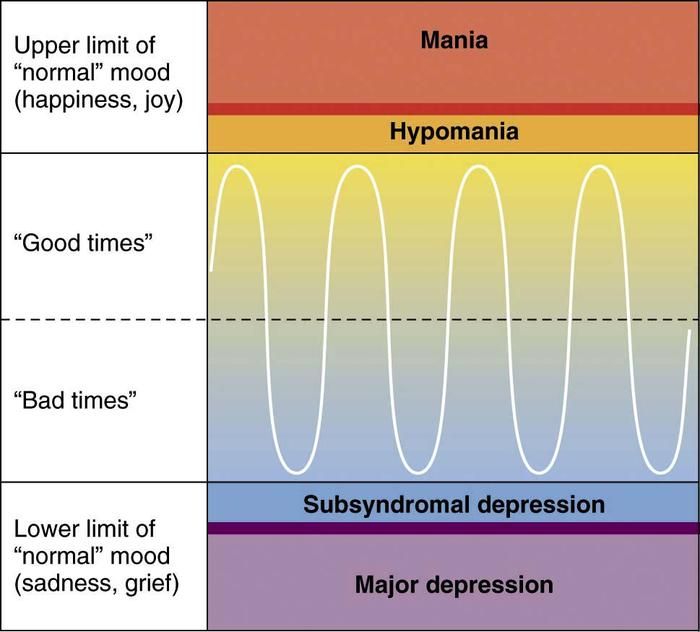
Interpersonal manipulation is a formal symptom of narcissistic personality disorder, for example.
It’s possible that if someone with bipolar disorder relies on manipulation tactics, they’re living with a personality disorder.
In fact, older research suggests that bipolar disorder is linked to cluster B personality disorders, which include antisocial, borderline, histrionic, and narcissistic personality disorders.
Bipolar disorder can also be confused with narcissistic personality disorder (NPD) because some people experiencing episodes of mania can develop signs of grandiosity.
Grandiosity, or grandiose delusion, is a persistent belief that you’re superior or more special than everyone else. It’s a formal symptom of NPD.
A 2011 literature review indicated that as many as two-thirds of people living with bipolar disorder experience signs of grandiosity. Grandiosity may lead someone to use specific manipulation tactics in some instances.
Trauma could also lead some people to use interpersonal manipulation if they learned that openly asking for their needs to be met wasn’t safe.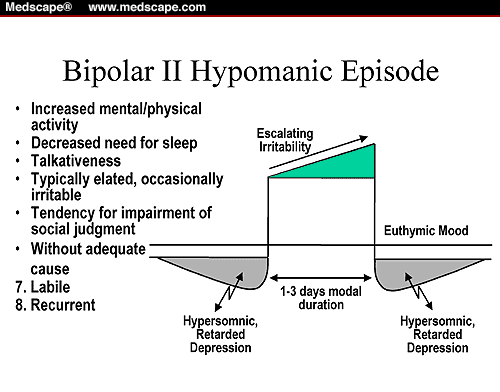 Research shows that many people with bipolar disorder also report experiencing childhood trauma.
Research shows that many people with bipolar disorder also report experiencing childhood trauma.
Humanizing manipulation
It may help you to think of manipulation as a coping mechanism. While reframing this behavior doesn’t take away from the pain that manipulation may cause, it does help to bring compassion into the conversation. If you feel someone is manipulating you, remember that they’re likely experiencing emotional pain and may need support.
Yes, it could be a sign of mania but not always.
An episode of mania in bipolar disorder looks different for everyone. But, in general, there are a few common signs that a licensed mental health professional will look for in order to make an accurate diagnosis.
Symptoms of mania may include:
- being easily distracted
- challenges with impulse control
- desire to take on more activities
- increased self-confidence
- talking faster than usual
- racing thoughts
- reduced need for sleep
- pressured or rapid speech
- grandiosity
Mania has some overlapping signs with personality disorders, like narcissistic personality disorder or borderline personality disorder, but manipulation isn’t usually chief among them.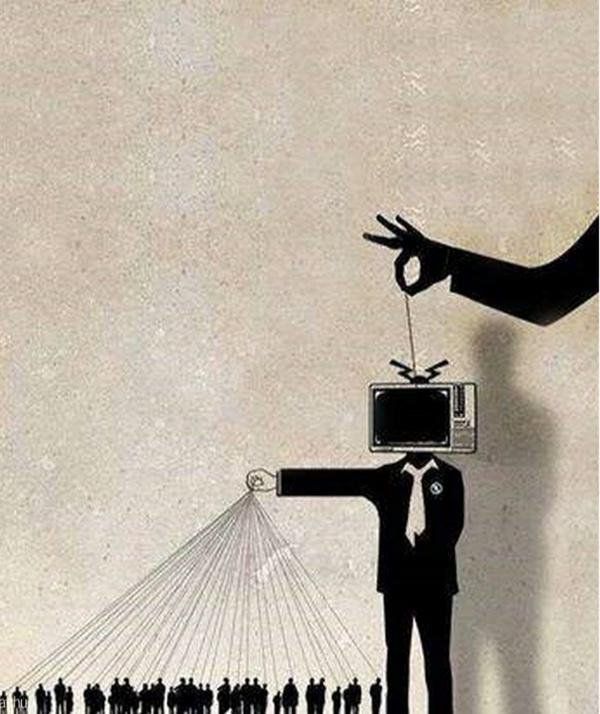 At least, not intentional manipulation.
At least, not intentional manipulation.
“Manipulative behavior requires self-awareness of a situation, desired outcome, and strategies to achieve the outcome,” explains Easterly. “Mania often feels like it’s out of a person’s control, and people frequently act against their self-interest during episodes of mania.”
| Mania | Personality disorder (or narcissistic traits) |
| intermittent symptoms occurring in cycles | fixed pattern of behavior |
| difficulty with impulse control | difficulty with impulse control |
| grandiosity, as increased self-esteem, euphoric mood, and big ideas or plans that may later be unrealistic | grandiosity, as seeking validation for achievements, entitlement or feeling superior, and a sense of self-importance |
| talking more quickly than usual or dominating conversations because of lack of impulse control | manipulating others on purpose during conversations |
| reduced need for sleep | sleep disturbances or insomnia |
| high-risk behaviors, like lavish spending, hypersexuality, or substance use | high-risk behaviors, like hypersexuality or substance use |
| challenges at work, home, school, or in relationships | challenges at work, home, school, or in relationships |
Whether someone receives a diagnosis of bipolar disorder or not, emotional manipulation can sometimes happen in relationships.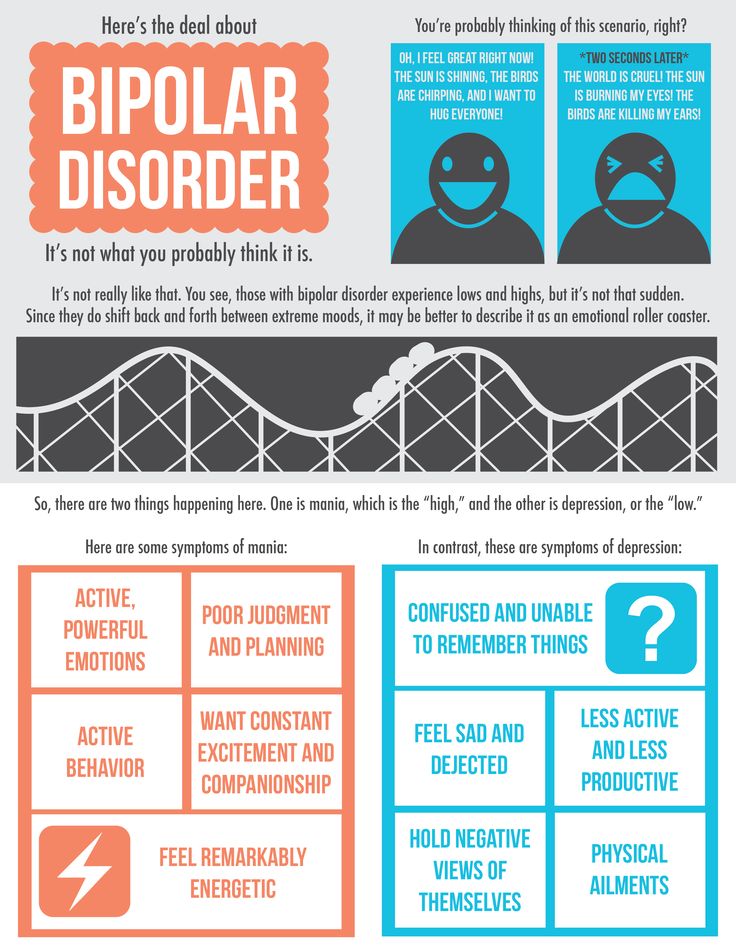
“The root cause of manipulative behaviors may be a combination of powerlessness and entitlement,” says Easterly. “A person feels entitled to the outcome they desire, but feel powerless to achieve it through direct means.”
It’s possible someone with bipolar disorder feels and acts this way, but it isn’t because of bipolar disorder.
Emotional manipulation tactics may include:
- blame-shifting
- comparing you to others
- criticism
- gaslighting
- guilt trips
- love bombing
- lying
- minimizing hurtful behavior
- judgment
- passive-aggressiveness
- silent treatment
- stonewalling
- triangulation
- withholding affection, communication, or gifts
Bipolar disorder can be managed and treated. But, since manipulation isn’t a formal symptom of the condition, the first step may be to explore the root cause of manipulative behaviors.
Only a mental health professional can provide an accurate diagnosis.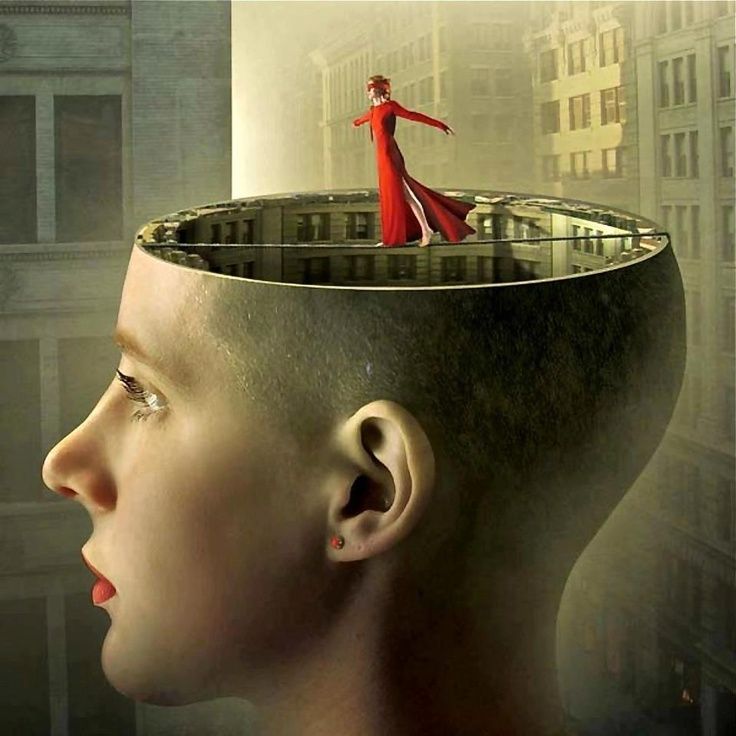 If it’s determined that other factors are involved, such as a personality disorder, they can structure a plan that allows for coping and treatment of both conditions.
If it’s determined that other factors are involved, such as a personality disorder, they can structure a plan that allows for coping and treatment of both conditions.
Treatment for bipolar disorder usually includes a combination of talk therapy, medication, and lifestyle adjustments.
“Cognitive behavioral therapy (CBT) is common for treating bipolar disorder, however, I also believe dialectical behavioral therapy (DBT) would be useful in treating bipolar disorder and patterns of manipulation,” says Suarez-Angelino. “DBT helps to learn how to be in control of your own thoughts, feelings, and behaviors.”
Research shows that dialectical behavioral therapy (DBT) can help improve several symptoms associated with bipolar disorder, including mania and emotional regulation.
DBT and CBT are also commonly used in the treatment of personality disorders.
If your loved one lives with bipolar disorder and you feel they’re manipulating you, it’s important to remember that the two factors aren’t formally related.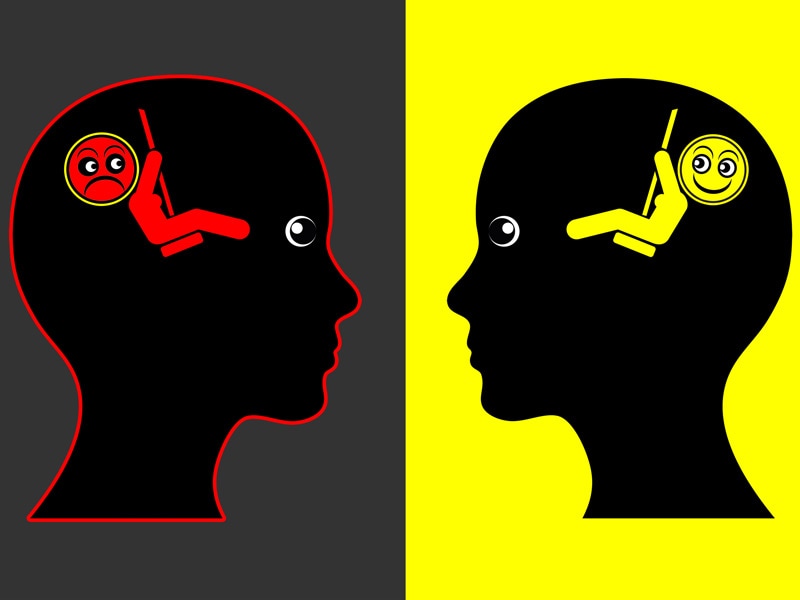
Their use of manipulation tactics may be a result of learned behavior or a sign that something else is going on.
“Give support to the person that appears to have bipolar disorder with manipulative tendencies,” says Suarez-Angelino. “It is OK to want to feel guarded or have difficulty trusting, but rather than pushing them away, learn how to work together to be a positive part of their support system.”
You may find it useful to:
- develop healthy boundaries
- disengage or set time limits
- respond confidently and stand in your truth
- seek out individual therapy or find a support group
- take notes to keep track of interactions
If possible, try to encourage your loved one to seek the guidance of a licensed mental health professional if they haven’t already. You could also suggest couple’s therapy or family counseling.
Manipulation isn’t a formal symptom of bipolar disorder, although some people with the condition may exhibit this behavior.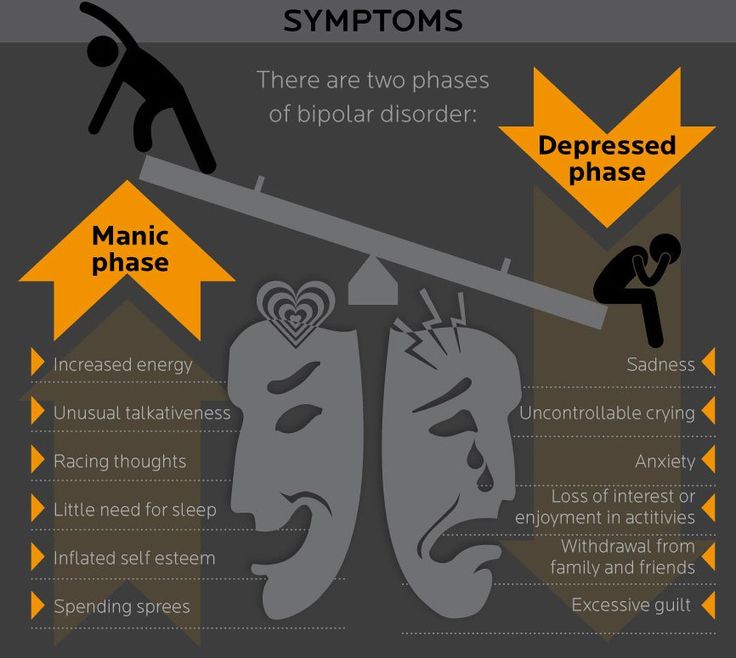
In some cases, manipulative behavior is a result of living with another mental health condition, such as personality disorders, substance use disorders, or trauma.
Finding the root cause of the manipulative behavior can help in addressing it directly or as part of a more comprehensive treatment plan. In all cases, this symptom can be managed and support is available.
Can bipolar patients be manipulative?
Manipulation isn't a formal symptom of bipolar disorder, although some people with the condition may exhibit this behavior. In some cases, manipulative behavior is a result of living with another mental health condition, such as personality disorders, substance use disorders, or trauma.
Takedown request | View complete answer on psychcentral.com
Does bipolar make you controlling?
A portion of the bipolar population becomes “controlling. ” This at first can show up as a talkative and outgoing, but soon suggestions and discussions become manipulative. Examples of controlling statements include: “Why would you do that?” “Does that really make sense?”
” This at first can show up as a talkative and outgoing, but soon suggestions and discussions become manipulative. Examples of controlling statements include: “Why would you do that?” “Does that really make sense?”
| View complete answer on ibpf.org
Can bipolar cause narcissism?
The author of this answer has requested the removal of this content.
Takedown request | View complete answer on healthline.com
Are bipolar people accountable for their actions?
Bipolar people might be held accountable for their behaviors at all times. Many might lose their primary excuse for alienating friends and family or losing their jobs. Many might lose their housing and other forms of government support.
Takedown request | View complete answer on psychologytoday.com
Can bipolar cause abusive behavior?
Persons with bipolar disorder are at significantly increased risk for violence, with some history of violent behavior ranging from 9.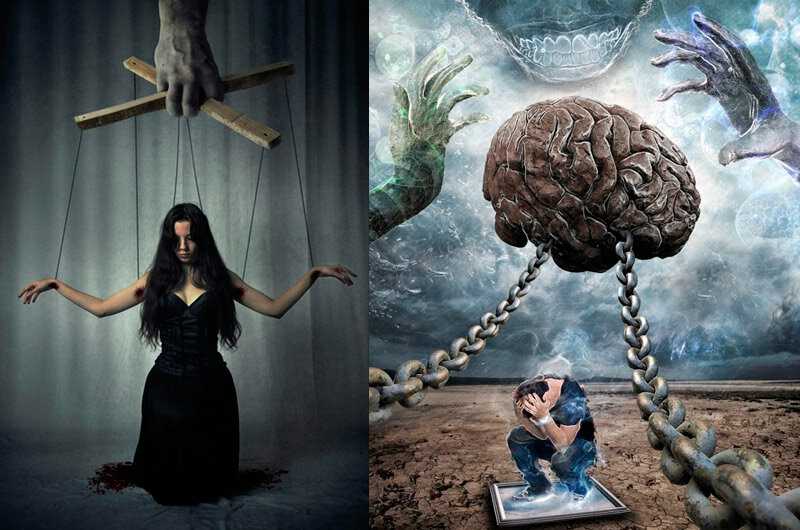 4% to just under 50%, often in the presence of comorbid diagnoses. Bipolar patients are prone to agitation that can result in impulsive aggression during manic and mixed episodes.
4% to just under 50%, often in the presence of comorbid diagnoses. Bipolar patients are prone to agitation that can result in impulsive aggression during manic and mixed episodes.
| View complete answer on psychiatrictimes.com
Case study clinical example: Session with a client with Bipolar Disorder (fluctuations in mood)
How do you deal with a bipolar bully?
Strategies to cope with someone who is bipolar and angry
- Accept their limitations. Your family member or friend living with bipolar illness is sometimes unable to manage their temperament. ...
- Practice ways for calming them down.
 ...
... - Ensure they are taking their medicine. ...
- Communicate honestly.
| View complete answer on healthmatch.io
Can a mentally ill person be abusive?
Abuse and mental illness can coincide. There are cases of individuals who have mental illness and are also abusive to their partners. There are also many individuals who have a mental illness and are healthy and supportive partners.
Takedown request | View complete answer on thehotline.org
How do people with bipolar act?
Bipolar disorder can cause your mood to swing from an extreme high to an extreme low. Manic symptoms can include increased energy, excitement, impulsive behaviour, and agitation. Depressive symptoms can include lack of energy, feeling worthless, low self-esteem and suicidal thoughts.
Takedown request | View complete answer on rethink.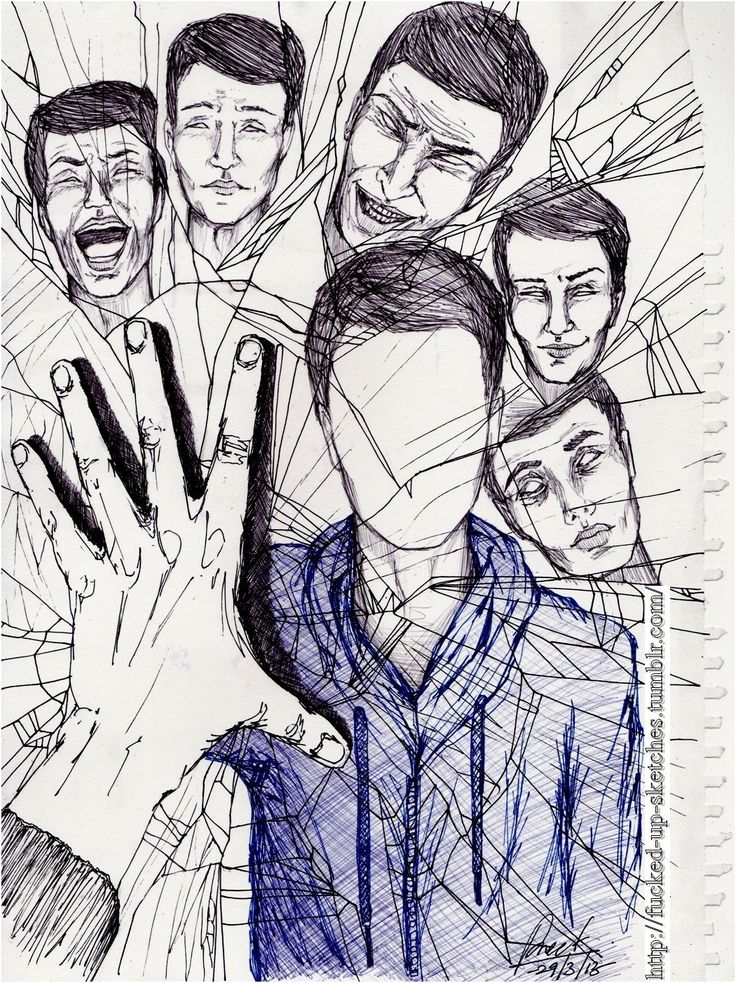 org
org
What is it like to be with someone who is bipolar?
Ups and downs are natural in any romantic relationship, but when your partner has bipolar disorder it can feel like you're on an emotional rollercoaster. Not knowing what to expect each day is stressful and tiring. Over time, it wears on the relationship.
Takedown request | View complete answer on hopkinsmedicine.org
How do you react to bipolar behavior?
Supporting someone with bipolar disorder
- Be open about bipolar disorder.
- Make a plan for manic episodes.
- Discuss behaviour you find challenging.
- Learn their warning signs and triggers.
- Try not to make assumptions.
- Look after yourself.
| View complete answer on mind.org.uk
Do bipolar lack empathy?
Bipolar disorder may make it more difficult for you to interpret people's emotions.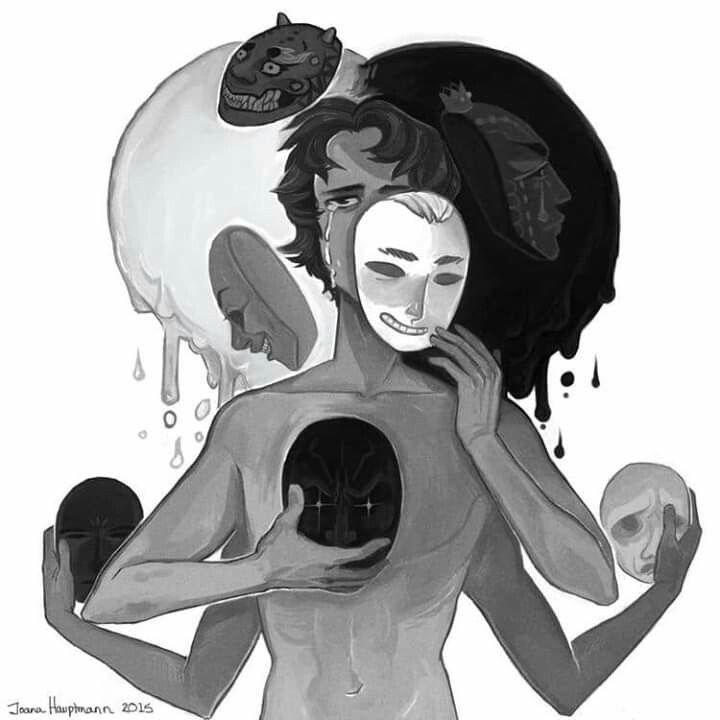 Missed clues make it harder for you to empathize when others feel happy or sad. If someone is feeling troubled, you may lack enough empathy to be moved to help.
Missed clues make it harder for you to empathize when others feel happy or sad. If someone is feeling troubled, you may lack enough empathy to be moved to help.
| View complete answer on webmd.com
What's the difference between a narcissist and bipolar person?
People with bipolar may be exhibiting heightened social activity during a manic or hypomanic state, while those with narcissism may be looking to exploit or manipulate others.
Takedown request | View complete answer on psycom.net
What is bipolar narcissism?
Bipolar disorder involves episodes of mania and depression. Symptoms of a manic episode may include a heightened sense of self-importance and grandiosity. These also feature in narcissistic disorder.
Takedown request | View complete answer on medicalnewstoday.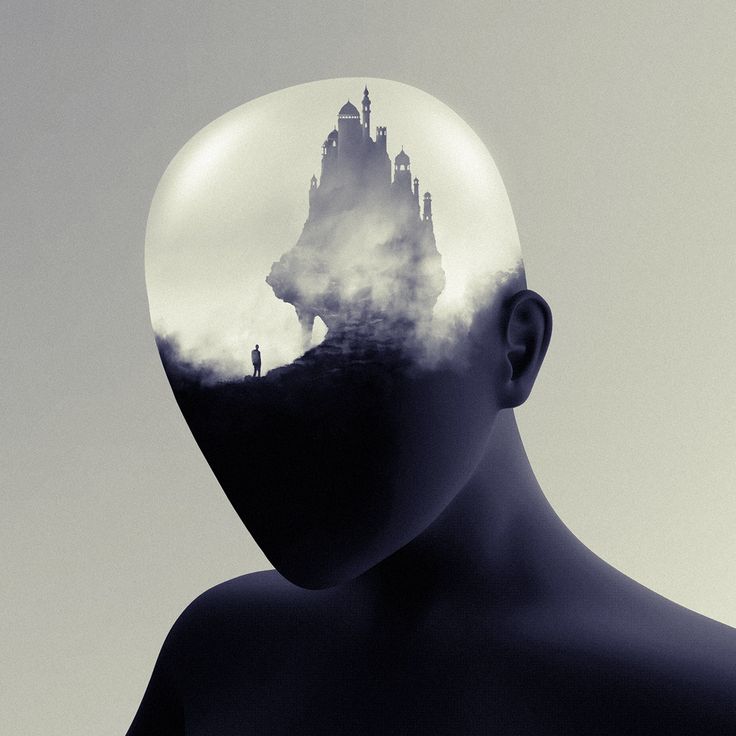 com
com
How do you keep bipolar under control?
These healthy lifestyle habits, along with professional treatment, can help manage the symptoms of bipolar disorder:
- Stick to a consistent routine. ...
- Eat well and get regular exercise. ...
- Always take your medicine as prescribed. ...
- Check with your treating doctor. ...
- Keep a mood journal. ...
- Keep your primary care physician updated.
| View complete answer on samhsa.gov
How do you know if someone is truly bipolar?
The main sign of bipolar disorder is extreme mood swings that go from emotional highs to emotional lows. Manic episodes cause people to seem very energetic, euphoric, or irritable. During depressive episodes, your loved one may seem sad, upset, or tired all the time.
Takedown request | View complete answer on rosehillcenter.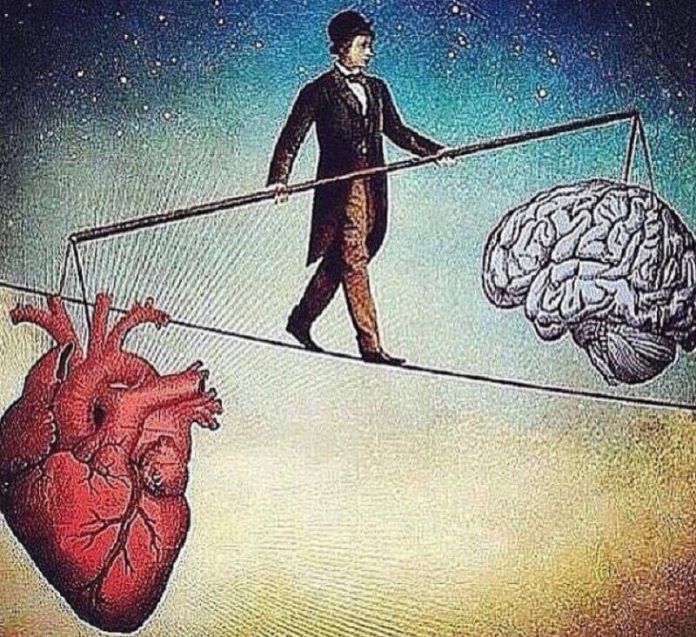 org
org
Is dating someone with bipolar hard?
The author of this answer has requested the removal of this content.
Takedown request | View complete answer on healthline.com
How do you make a bipolar person happy?
Supporting someone who is manic
- Spend time with your loved one. ...
- Answer questions honestly. ...
- Don't take any comments personally. ...
- Prepare easy-to-eat meals and drinks. ...
- Avoid subjecting your loved one to a lot of activity and stimulation. ...
- Allow your loved one to sleep whenever possible.
| View complete answer on helpguide.org
What triggered your bipolar?
Factors such as stress, poor sleep, and even seasonal changes can play a role in triggering your bipolar symptoms. Learn how you can reduce your risk of bipolar episodes and better manage your condition.
| View complete answer on everydayhealth.com
What are 5 signs of bipolar disorder?
Symptoms - Bipolar disorder
- feeling sad, hopeless or irritable most of the time.
- lacking energy.
- difficulty concentrating and remembering things.
- loss of interest in everyday activities.
- feelings of emptiness or worthlessness.
- feelings of guilt and despair.
- feeling pessimistic about everything.
- self-doubt.
| View complete answer on nhs.uk
What causes bipolar personality?
Genes. Bipolar disorder often runs in families, and research suggests this is mostly explained by heredity—people with certain genes are more likely to develop bipolar disorder than others. Many genes are involved, and no one gene can cause the disorder. But genes are not the only factor.
| View complete answer on nimh.nih.gov
What mental illness do most abusers have?
The results of this research show that do- mestic abusers tend to obtain high points for some types of personality disorders, especially narcissistic, antisocial and bor- derline disorders. They also present symptoms of depressive disorders and consumption of drugs and alcohol.
Takedown request | View complete answer on scielo.isciii.es
What are the traits of a mental abuser?
The abuser always blames their problems on you and accuses you of doing everything wrong. They don't accept any responsibility for the consequences of their actions or words and constantly use you as a scapegoat. They are very jealous and use guilt to force you to do something you may not want to do.
Takedown request | View complete answer on webmd.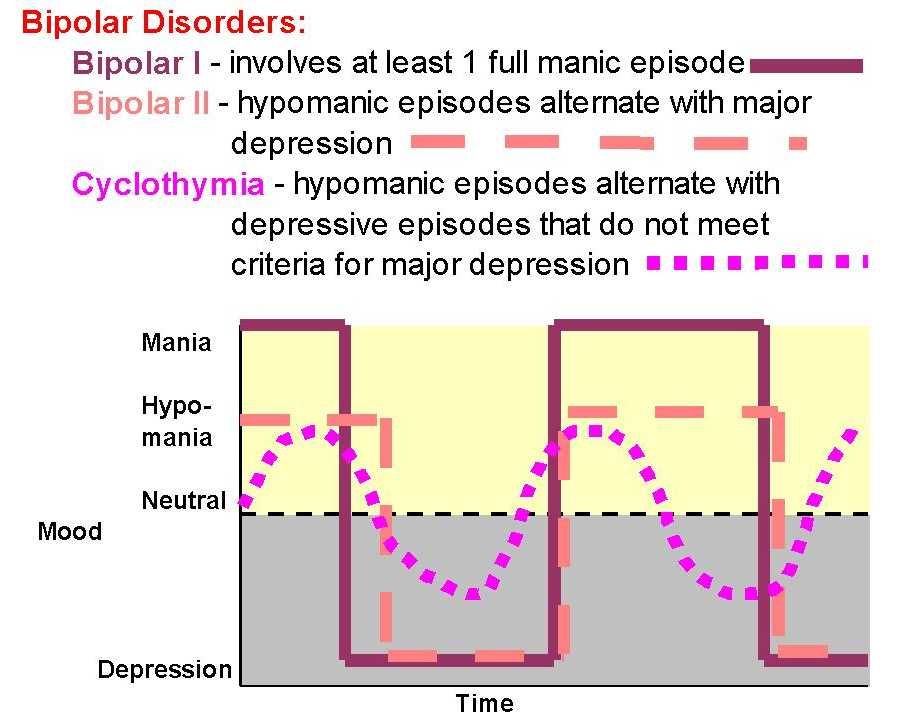 com
com
What personality disorder is abusive?
Those diagnosed with Borderline Personality Disorder (BPD) or those with BPD who may not even know they have it, are more likely than the general population to be verbally, emotionally/psychologically, physically abusive.
Takedown request | View complete answer on mentalhealthcenter.com
What does anger look like in bipolar?
The author of this answer has requested the removal of this content.
Takedown request | View complete answer on healthline.com
How do you end a bipolar episode?
Managing a manic episode
- Maintain a stable sleep pattern. ...
- Stay on a daily routine. ...
- Set realistic goals. ...
- Do not use alcohol or illegal drugs. ...
- Get help from family and friends. ...
- Reduce stress at home and at work. ...
- Keep track of your mood every day.
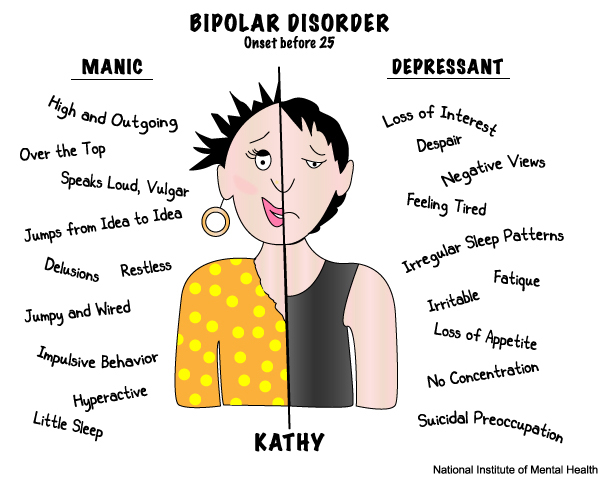 ...
... - Continue treatment.
| View complete answer on myhealth.alberta.ca
← Previous question
Can you drink coffee after hand surgery?
Next question →
What does saying goodnight to Alexa do?
Bipolar Disorder | Symptoms, complications, diagnosis and treatment
Bipolar disorder, formerly called manic depression, is a mental health condition that causes extreme mood swings that include emotional highs (mania or hypomania) and lows (depression). Episodes of mood swings may occur infrequently or several times a year.
When you become depressed, you may feel sad or hopeless and lose interest or pleasure in most activities. When the mood shifts to mania or hypomania (less extreme than mania), you may feel euphoric, full of energy or unusually irritable. These mood swings can affect sleep, energy, alertness, judgment, behavior, and the ability to think clearly.
Although bipolar disorder is a lifelong condition, you can manage your mood swings and other symptoms by following a treatment plan. In most cases, bipolar disorder is treated with medication and psychological counseling (psychotherapy).
Symptoms
There are several types of bipolar and related disorders. These may include mania, hypomania, and depression. The symptoms can lead to unpredictable changes in mood and behavior, leading to significant stress and difficulty in life.
- Bipolar disorder I. You have had at least one manic episode, which may be preceded or accompanied by hypomanic or major depressive episodes. In some cases, mania can cause a break with reality (psychosis).
- Bipolar disorder II. You have had at least one major depressive episode and at least one hypomanic episode, but never had a manic episode.
- Cyclothymic disorder. You have had at least two years - or one year in children and adolescents - many periods of hypomanic symptoms and periods of depressive symptoms (though less severe than major depression).
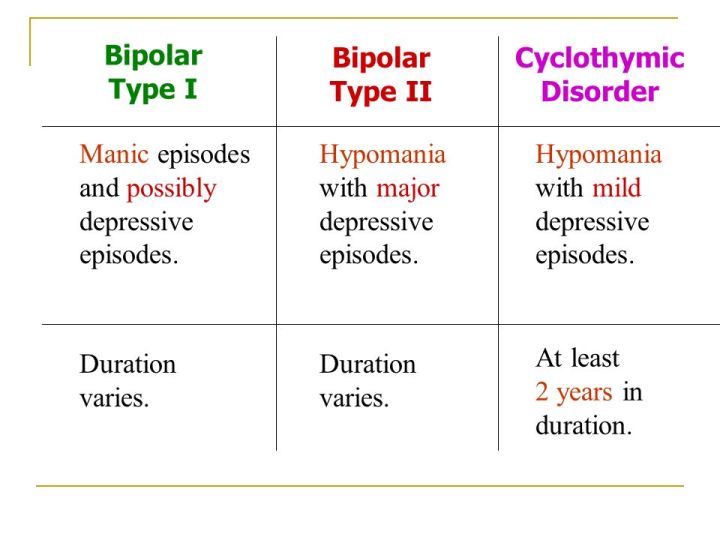
- Other types. These include, for example, bipolar and related disorders caused by certain drugs or alcohol, or due to health conditions such as Cushing's disease, multiple sclerosis, or stroke.
Bipolar II is not a milder form of Bipolar I but is a separate diagnosis. Although bipolar I manic episodes can be severe and dangerous, people with bipolar II can be depressed for longer periods of time, which can cause significant impairment.
Although bipolar disorder can occur at any age, it is usually diagnosed in adolescence or early twenties. Symptoms can vary from person to person, and symptoms can change over time.
Mania and hypomania
Mania and hypomania are two different types of episodes, but they share the same symptoms. Mania is more pronounced than hypomania and causes more noticeable problems at work, school, and social activities, as well as relationship difficulties. Mania can also cause a break with reality (psychosis) and require hospitalization.
Both a manic episode and a hypomanic episode include three or more of these symptoms:
- Abnormally optimistic or nervous
- Increased activity, energy or excitement
- Exaggerated sense of well-being and self-confidence (euphoria)
- Reduced need for sleep
- Unusual talkativeness
- Distractibility
- Poor decision-making - for example, in speculation, in sexual encounters or in irrational investments
Major depressive episode
Major depressive episode includes symptoms that are severe enough to cause noticeable difficulty in daily activities such as work, school, social activities, or relationships. Episode includes five or more of these symptoms:
- Depressed mood, such as feeling sad, empty, hopeless, or tearful (in children and adolescents, depressed mood may manifest as irritability)
- Marked loss of interest or feeling of displeasure in all (or nearly all) activities
- Significant weight loss with no diet, weight gain, or decreased or increased appetite (in children, failure to gain weight as expected may be a sign of depression)
- Either insomnia or sleeping too much
- Either anxiety or slow behavior
- Fatigue or loss of energy
- Feelings of worthlessness or excessive or inappropriate guilt
- Decreased ability to think or concentrate, or indecisiveness
- Thinking, planning or attempting suicide
Other features of bipolar disorder
Signs and symptoms of bipolar I and bipolar II disorder may include other signs such as anxiety disorder, melancholia, psychosis, or others. The timing of symptoms may include diagnostic markers such as mixed or fast cycling. In addition, bipolar symptoms may occur during pregnancy or with the change of seasons.
The timing of symptoms may include diagnostic markers such as mixed or fast cycling. In addition, bipolar symptoms may occur during pregnancy or with the change of seasons.
When to see a doctor
Despite extreme moods, people with bipolar disorder often do not realize how much their emotional instability disrupts their lives and the lives of their loved ones and do not receive the necessary treatment.
And if you are like people with bipolar disorder, you can enjoy feelings of euphoria and be more productive. However, this euphoria is always accompanied by an emotional disaster that can leave you depressed and possibly in financial, legal, or other bad relationships.
If you have symptoms of depression or mania, see your doctor or mental health professional. Bipolar disorder does not improve on its own. Getting mental health treatment with a history of bipolar disorder can help control your symptoms.
Bipolar disorder.
 (duality of emotions) - psychiatry! - Psychologist. Kalutskikh Tatiana. on vc.ru
(duality of emotions) - psychiatry! - Psychologist. Kalutskikh Tatiana. on vc.ru Everyone should know about it! Many people do not realize that their loved ones are sick and need help! The more knowledge about possible illnesses is known, the more likely they will be safe! You and those who suffer from this disease, because they do not immediately understand these things about themselves - that they have bipolar disorder. Often, women are accustomed to generally endure the incomprehensible antics of their men or men suffer from "inadequate", but spectacular ladies. Take a closer look - and we are not making diagnoses here, we are just thinking. After all, this is the same flu, but only associated with consciousness. Moreover, I am a revolutionary here - saying that I understand where the disease comes from and I believe that with the help of psychotherapy it it is possible to stop, everything will of course depend on many factors, but it is still possible.
82 views
A person with bipolar disorder falls into two opposite states. In a state of mania (or a normal state, that is, a person also has normal states - this must also be understood) and into depression. (similar to cyclothymia - a human condition that cycles through the same periods).
In a state of mania (or a normal state, that is, a person also has normal states - this must also be understood) and into depression. (similar to cyclothymia - a human condition that cycles through the same periods).
The state of mania can be described in such a way that a person seems to lose control over himself and an understanding of reality and his possibilities in this reality. He exaggeratedly believes that he can overcome any "mountain" and even this "mountain" he also invented for himself, that's just ... A person does not control this flight of fantasies - I am great, I am omnipotent! Therefore, he has other manifestations that correspond to his thinking - this is increased excitability, too fast a train of thought, too high demands on achievements and on my aspirations: I will earn a million, I will take 10 loans right now, because I will create a great business and I so sexy that I understood how this world works and I will definitely change it now and bring it to my feet!
I believe that such a state of mania is only a consequence of the fact that a person has suppressed his true emotions and experiences for a very long time, and often mania does not manifest itself in a person in the same way as in someone who is ill with schizophrenia.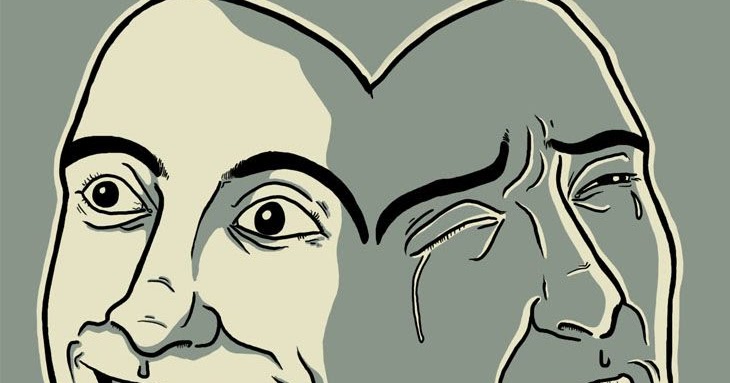 Therefore, it is more like an internal explosion (which has been reinforced and wound up for years - rocking a person on a boat of experiences and the inability to sincerely manifest) than psychosis. The delusional state resembles a desperate attempt to prove to myself that - well, this time I will definitely succeed! I will try again and now I will succeed! There is already a global despair here. After all, he (in my opinion) is inseparably traced in all the goals and desires of a person in delirium.
Therefore, it is more like an internal explosion (which has been reinforced and wound up for years - rocking a person on a boat of experiences and the inability to sincerely manifest) than psychosis. The delusional state resembles a desperate attempt to prove to myself that - well, this time I will definitely succeed! I will try again and now I will succeed! There is already a global despair here. After all, he (in my opinion) is inseparably traced in all the goals and desires of a person in delirium.
Bipolar disorder is dangerous for the life of the person suffering from it, but it can also cause inconvenience for those who are close to this person, live, contact. It is especially difficult for those who are not familiar with such a name for human behavior and who are not prepared for the fact that this person may well be sick.
It's even harder to understand that a person has bipolar disorder if this is your boyfriend or just a man! Why? The thing is that in society, the rudeness of the "man", his harshness and a little inadequacy - is cultivated and considered something especially attractive .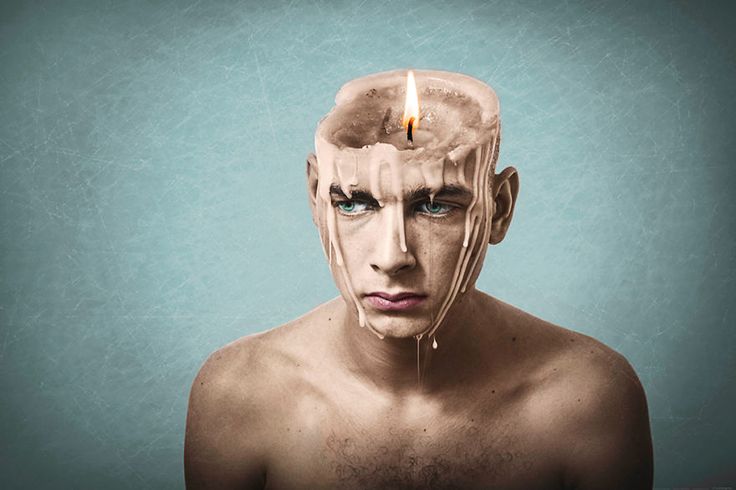 .. which of course is a big problem!
.. which of course is a big problem!
A depressive state is already more understandable for a wide range of readers, everything is clear here: also sleep disturbance, lack of joy, anxiety, weakness, a state when you don’t want to live and act at all, which is the opposite of the initial state that we described. But here - in a person with bipolar disorder - depression will also manifest itself in a peculiar way and will be more directed inward, in standard depression a person has slightly different views on the world (he does not want to get up from the couch at all), and our "friend" will have a longer period self-flagellation and condemnation of oneself, which will just be an indicator of mental instability and leaps - from a person who is too self-confident, into the most insignificantly small and worthless!
According to my conclusions about this disease, I think that the problem here is clearly a person’s abuse in childhood, most likely his parent was not even a banal “narcissist”, but a 100% psychopath – in the truest sense of the word.